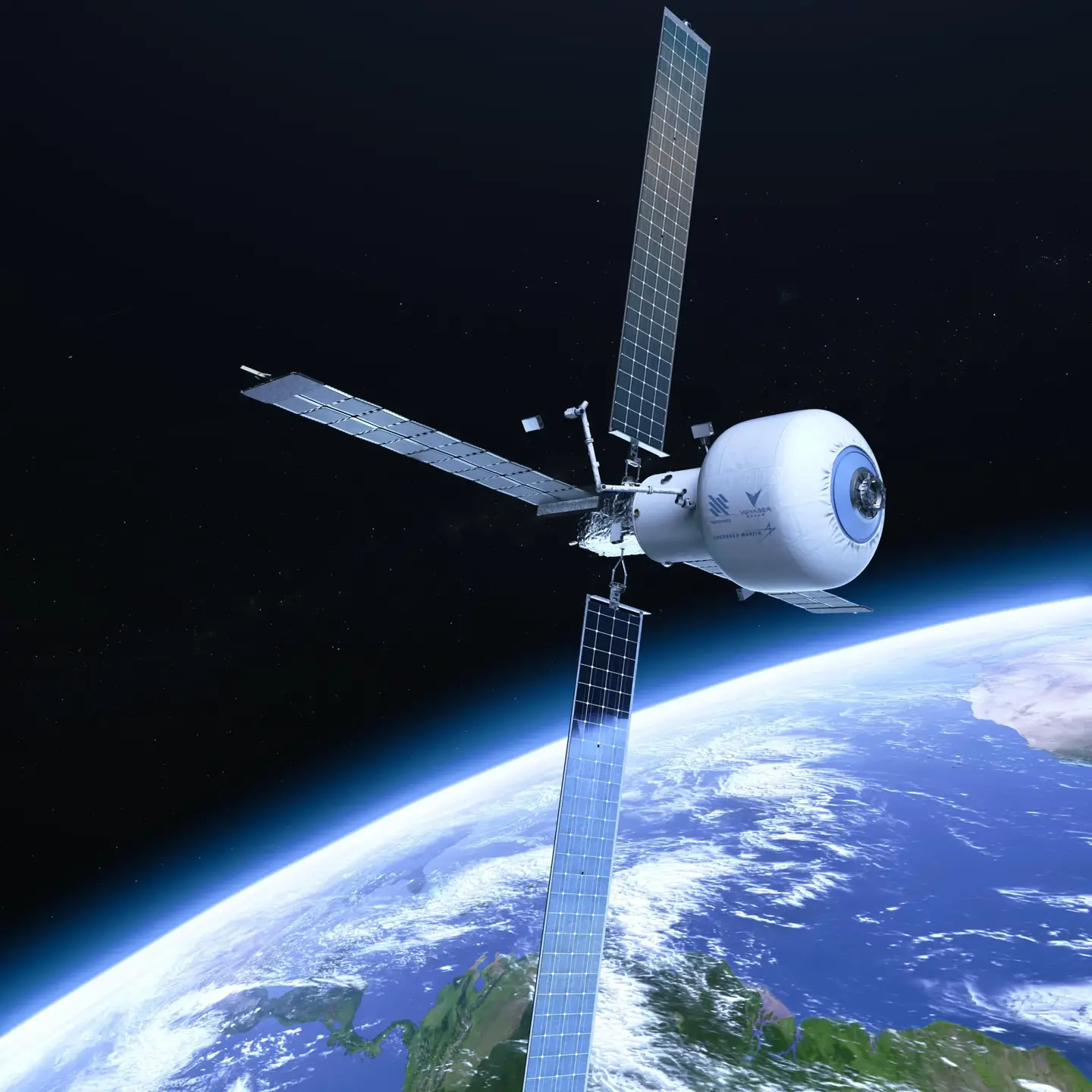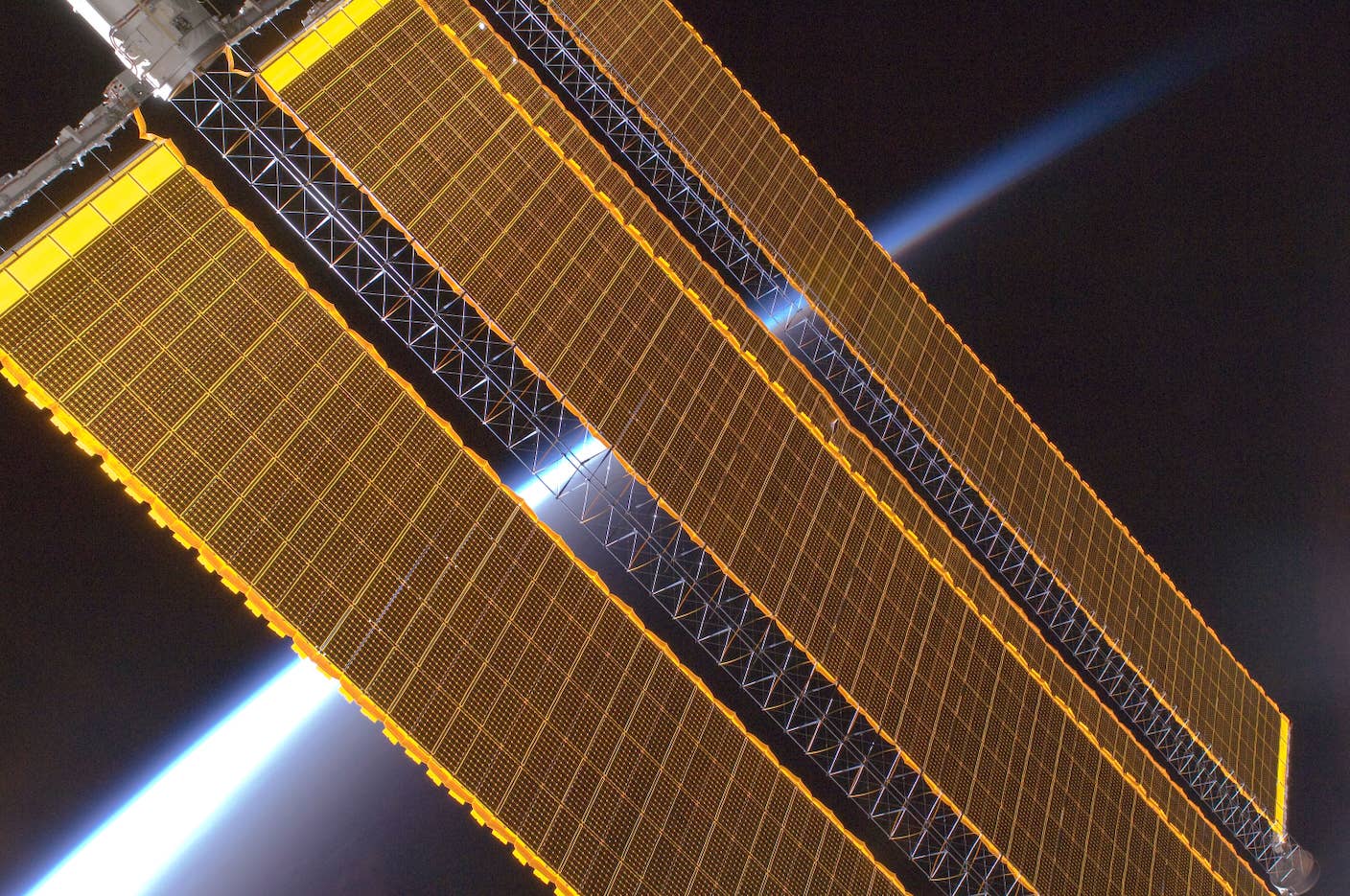Shrugging Off Dependence On US, China Launching Its Own GPS Satellites

Share
What would it mean to lose GPS? Not only would we resort to that archaic method of writing down and following directions, but many common technologies such as ATM machines, cellphones, even wristwatches are becoming increasingly dependent on GPS. Container shipments and package delivery, power grids, banking systems, and financial markets all depend on the precise time synchronization provided by GPS. So it’s understandable that China is shedding their dependence on US-controlled GPS by developing their own GPS technology. Last month they launched their tenth satellite to continue development of the system that began in 2000. By the end of this year the Chinese government hopes to have 12 satellites in orbit that will cover most of Asia. And by 2020 a total of 35 satellites will cover the entire globe.
Called Beidou, the Chinese word for Big Dipper, the system will provide positioning information for military and civilian use with a precision of about 10 meters and speed within 0.2 meters per second. Clock synchronization will be accurate to about 0.02 millionths of a second. The precision is pretty comparable to the system the US currently has in place.
But more than a safety net in the plausible case that China-US relations take a major downturn, China expects Beidou to be a boon to their already burgeoning economy. The new system is currently spurring a navigation market growth in the country of 30 to 50 percent annually. China’s head of navigation management expects Beidou to create a worldwide market worth over $60 billion, reports China Daily. One feature that differentiates Beidou from US GPS is that its users can send text messages with it. Beidou Tianhua Co’s president, Liu Zhonghua, said the feature has made it popular among mountain climbers. Not to be outdone by their fellow outdoorsman, the fishing industry in China ranks highest among users of Beidou, accounting for 62 percent of all civilian use. Not surprising, perhaps, that in a crowded country not known for its environmental conservation, ripe fishing holes might need pinpoint accuracy to locate. The system is also compatible with “other” satellite navigation systems according to a press release.
Beidou’s purpose as a geopolitical safety net is logical. But other’s have raised concerns that China’s GPS might be a means for more egregious functions aside from giving directions and ensuring banks communicate properly. Geoffrey Forden, a researcher at MIT’s Science, Technology and Global Security Working Group, released a report in 2004 suggesting that Beidou could be used as a navigation system to guide “nuclear-tipped intercontinental ballistic missiles,” like, to the island of Taiwan. Sound alarmist? Defense specialists in Taipei note that the navigation system will increase the tracking abilities of the People’s Liberation Army 100 to 1000-fold, and are calling for countermeasures. A Taiwan Affairs Office spokesperson downplayed the perceive threat, saying the navigation system would benefit “both sides.” Defensepolicy.org also released a report just last year detailing how Beidou could “theoretically” be used by China to guide missiles and robotic drones.
Be Part of the Future
Sign up to receive top stories about groundbreaking technologies and visionary thinkers from SingularityHub.


China’s not the only country busy crowding Earth's orbit with its own GPS satellites. This past August Russia launched its twenty-fourth of the GLONASS constellation, thereby achieving 100 percent of Earth surface coverage. The European Union launched the first two of 30 satellites this past October for their planned Galileo GPS program. Like China, the EU cites independence and the economy as the driving force behind Galileo. The EU claims that satellite navigation accounted for 7 percent of the EU GDP in 2009, and they expect that Galileo will bring in about €90 billion to the EU economy over the next 20 years through direct revenues from space, receivers and applications industries, and through indirect revenues from society such as more efficient transport systems.
Not to be left behind on the trail that they blazed, the US government contracted Lockheed-Martin to create a next-generation GPS. Not only will the new system – dubbed GPS III – be more accurate and reliable, but it will also be equipped with anti-jamming capabilities, lest our GPS be hacked and taken down like a CIA batwing stealth drone.
Seems a new Star Wars is emerging of the GPS type. Given our dependency on GPS, it certainly makes sense for a country with the means to launch its own satellites. The fact that the new GPS III satellites have anti-jamming capabilities, however, points to a future in which governments are not interested merely in economic gains and decreasing dependency on the GPS of other governments, but in being able to disable them as well. The next time your GPS loses signal, you might stop to wonder….
[image credits: AGI, Bediou.gov, and Russian Federal Space Agency]
image 1: satellites
image 2: Cheng
image 3: GLONASS
Peter Murray was born in Boston in 1973. He earned a PhD in neuroscience at the University of Maryland, Baltimore studying gene expression in the neocortex. Following his dissertation work he spent three years as a post-doctoral fellow at the same university studying brain mechanisms of pain and motor control. He completed a collection of short stories in 2010 and has been writing for Singularity Hub since March 2011.
Related Articles

What If We’re All Martians? The Intriguing Idea That Life on Earth Began on the Red Planet

The Era of Private Space Stations Launches in 2026

Data Centers in Space: Will 2027 Really Be the Year AI Goes to Orbit?
What we’re reading

